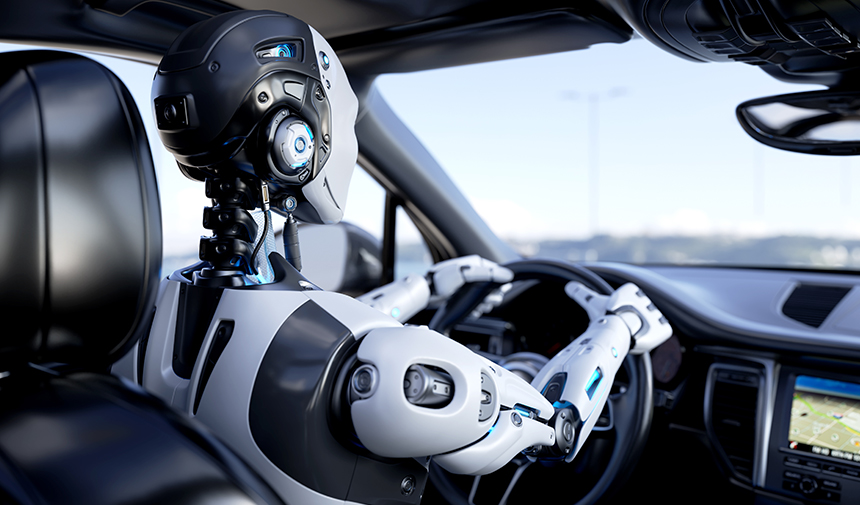The automotive industry, combined with artificial intelligence technologies, is shaping the future of autonomous vehicles and driverless technologies. Developing artificial intelligence algorithms and sensor technologies enable vehicles to perceive their surroundings, make decisions and travel safely. Autonomous vehicles have the potential to reduce traffic accidents and contribute to more efficient and sustainable transportation.
Autonomous vehicle technologies have made great progress in the automotive industry in recent years. Artificial intelligence and deep learning algorithms enable vehicles to better understand their surroundings and make instant decisions. These technologies are combined with various sensors such as radars, cameras, lidars and ultrasonic sensors to help the vehicle detect obstacles around it.
The potential of autonomous vehicles could not only reduce traffic accidents, but also reduce traffic congestion and help transportation become more efficient. Communication between vehicles can optimize traffic flow and shorten travel times. Furthermore, autonomous vehicles can also reduce environmental impact by reducing fuel consumption.
However, the widespread adoption and full acceptance of autonomous vehicle technologies may face many challenges. Technological reliability and safety concerns are among the factors limiting the proliferation of autonomous vehicles. In addition, a range of legal and ethical issues, such as regulations, insurance standards and ethical issues, are also important issues that need to be addressed.
Artificial intelligence and autonomous vehicles are likely to play an important role in future transportation. However, for these technologies to be successfully implemented, various stakeholders need to come together and collaborate. Collaborations between technology companies, automotive manufacturers, governments and other segments of society can play an important role in the development and deployment of autonomous vehicle technologies.
In conclusion, artificial intelligence and the automotive industry are merging with autonomous vehicles and driverless technologies to shape the future of transportation. While the potential of these technologies is great, their widespread adoption and acceptance may face many challenges. However, with the collaboration of various stakeholders and continued technological advancements, autonomous vehicles could become an important part of the transportation of the future.



